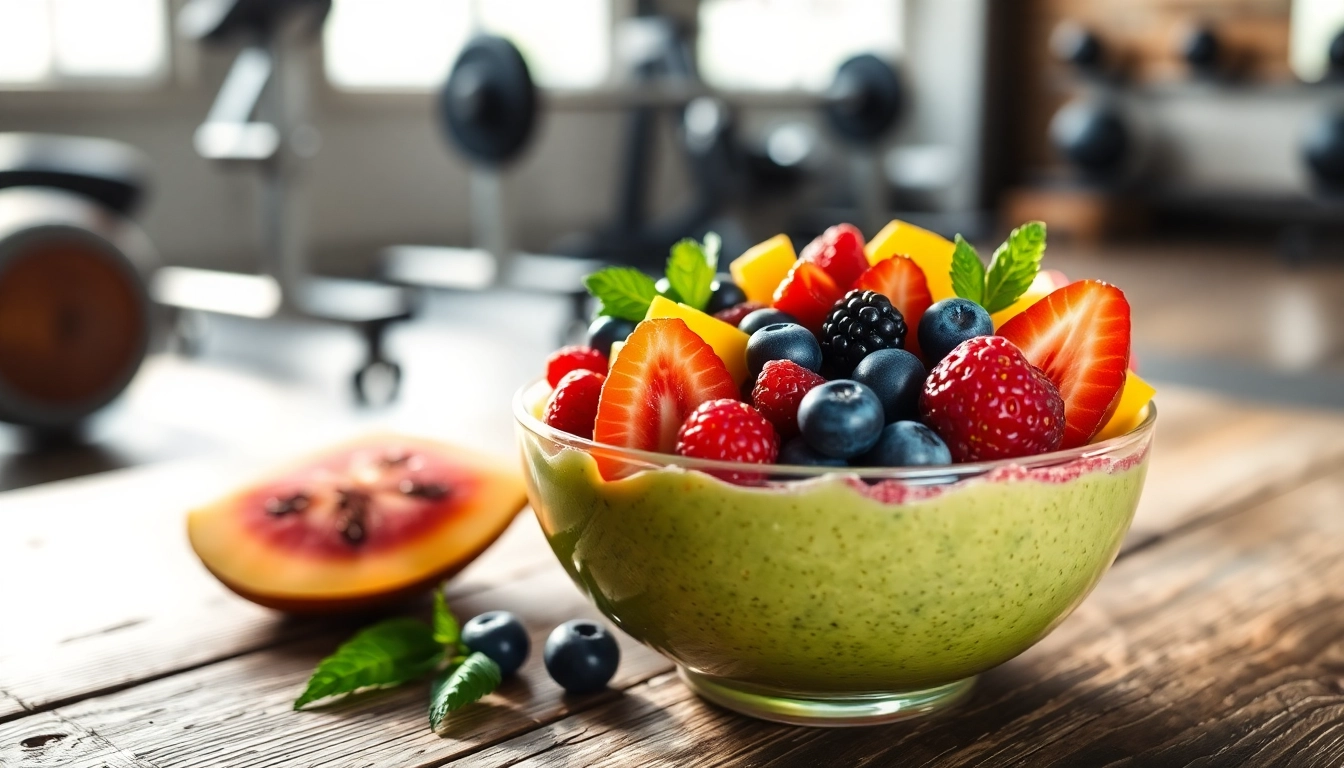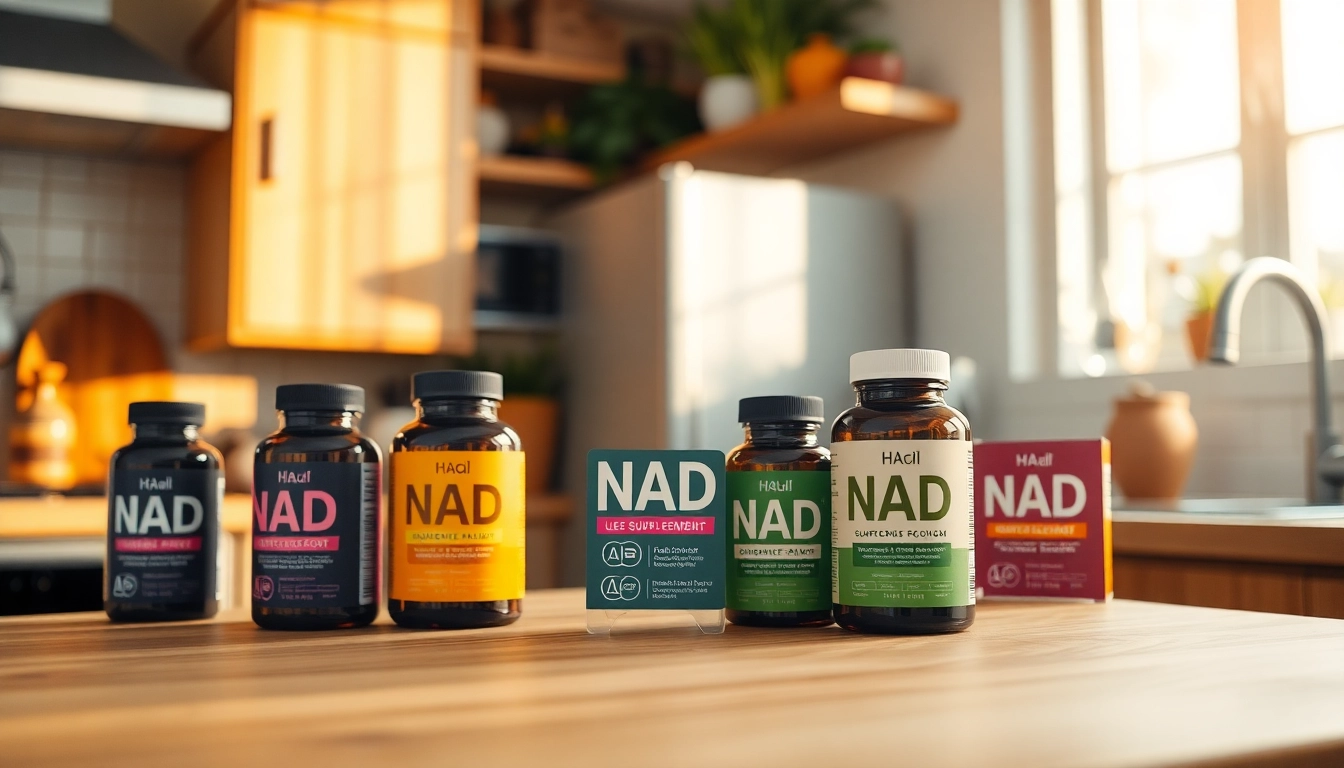Understanding Postworkout Nutrition
After a vigorous workout, your body enters a critical phase of recovery, where nutrition plays a pivotal role in determining the effectiveness of your efforts. Proper postworkout nutrition is not merely about quenching your hunger; it’s an essential part of optimizing performance, enhancing recovery, and building muscle. This section explores the importance of postworkout meals, timing for nutrient intake, and the key nutrients necessary for recovery.
The Importance of Postworkout Meals
Eating after exercise is crucial for muscle recovery and growth. When you participate in intense physical activity, you deplete glycogen stores and induce microscopic tears in muscle fibers. Postworkout meals provide the necessary nutrients to replenish glycogen, repair muscles, and enhance overall recovery. Research indicates that individuals who consume a balanced meal after exercise tend to recover faster and reduce muscle soreness, leading to more effective training sessions in the future.
Timing Your Postworkout Fuel
Experts recommend consuming a postworkout meal or snack within 30 to 60 minutes after exercise. This timeframe is often referred to as the “anabolic window” – a period in which your body is most receptive to nutrient absorption. Eating within this window not only aids in muscle recovery but also helps restore glycogen levels more efficiently. For those looking to maximize muscle gain, this can be an essential strategy.
Key Nutrients for Recovery
For optimal recovery, your postworkout nutrition should focus on the following key nutrients:
- Proteins: Vital for muscle repair, aim for 20-30 grams of high-quality protein.
- Carbohydrates: Essential for replenishing glycogen stores; consume about 1-2 grams of carbohydrates for every kilogram of body weight.
- Fats: While less immediate for recovery, healthy fats can still play a role in your overall nutritional intake.
- Electrolytes: Important for rehydration and replenishing lost minerals during intense workouts.
Best Foods to Eat After Your Workout
Identifying the best food choices after your workout can make a substantial difference in your recovery process. Here’s a breakdown of nutrient-dense foods that align well with postworkout recovery goals.
Powerful Protein Sources
Protein is paramount when it comes to muscle recovery. Here are some excellent post-exercise protein sources:
- Chicken Breast: Lean and high in protein, perfect for muscle repair.
- Greek Yogurt: Contains probiotics and also serves as a good source of protein.
- Fish: Rich in Omega-3 fatty acids that assist in reducing muscle inflammation.
- Eggs: Packed with high-quality protein and amino acids important for recovery.
Healthy Carbohydrates to Replenish
Carbohydrates help restore lost glycogen stores. Incorporate these healthy options into your post-workout meal:
- Quinoa: A complete protein with all nine essential amino acids plus carbohydrates.
- Brown Rice: A complex carbohydrate that provides sustained energy.
- Sweet Potatoes: High in fiber and nutrients, aiding in recovery.
- Fruits: Bananas, berries, and oranges can serve as excellent carb sources.
Hydration Postworkout: Why It Matters
Hydration is often overlooked but is critical following any physical activity. Dehydration can hinder recovery and impact performance. Drinking water, electrolyte-infused beverages, or natural sources like coconut water can replenish lost fluids and electrolytes. Aim to restore at least 150% of the fluids lost during exercise, which can be determined by measuring body weight before and after your workout.
Crafting the Perfect Postworkout Meal
Creating a balanced postworkout meal doesn’t have to be complicated. With the right combinations, you can enhance your recovery while enjoying delicious food.
Balanced Meal Combinations
A well-rounded postworkout meal should contain protein, carbohydrates, and some healthy fats. Here are some balanced meal examples:
- Grilled chicken with quinoa and steamed vegetables.
- Salmon paired with sweet potato and a side salad.
- An omelet made with spinach, tomatoes, and whole-grain toast.
Quick and Easy Snack Ideas
Not everyone has time for a big meal after working out. Here’s a list of quick and easy snack ideas:
- A protein shake with a banana.
- Cottage cheese with pineapple.
- Hummus with sliced veggies or whole-grain crackers.
DIY Postworkout Smoothies and Shakes
Smoothies can be a quick and nutrient-packed option. Here’s how to craft a great postworkout smoothie:
- Base: Start with almond milk or water.
- Protein: Incorporate protein powder or Greek yogurt.
- Carbohydrates: Add fruits like bananas or berries.
- Healthy Fats: Include a spoonful of nut butter or flaxseed.
Common Postworkout Mistakes to Avoid
Even seasoned fitness enthusiasts can make mistakes regarding postworkout nutrition. Here are some common pitfalls and tips on how to avoid them.
Skipping Meals After Exercise
One of the biggest mistakes is neglecting to eat postworkout. Skipping this meal can lead to delayed recovery and decreased performance in future workouts. Always have a plan in place to refuel after your workouts.
Neglecting Hydration
Many individuals forget how crucial hydration is post-exercise. Ensure that you’re not only replenishing nutrients but also drinking enough fluids to recover properly.
Mistakes in Macronutrient Ratios
Many people may stick to only protein or carbohydrates post-exercise. However, a balanced intake of both is essential for optimal recovery. Focus on the right ratios to promote muscle repair and energy replenishment.
Building a Postworkout Routine for Consistency
To make the most of your postworkout nutrition, developing a consistent routine can be beneficial. Here’s how to create an effective post-exercise nutrition plan.
Creating a Personalized Nutrition Plan
Factors such as workout intensity, duration, and personal fitness goals should guide your postworkout meal planning. Consulting a nutritionist or health expert can help tailor a plan that meets your unique needs.
Incorporating Supplements Wisely
If you struggle to meet your nutritional needs through food, consider using supplements like whey protein, BCAAs, or electrolyte tablets. However, these should complement a well-rounded diet, not replace proper nourishment.
Tracking Your Recovery Progress
Keeping a log of your postworkout meals and hydration can provide insights into your recovery process. Note how you feel in your subsequent workouts and adjust your nutrition plan accordingly to maximize performance and recovery outcomes.



